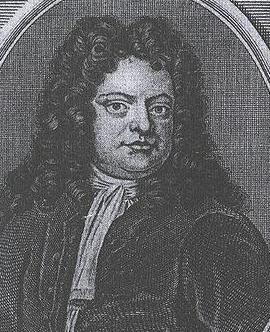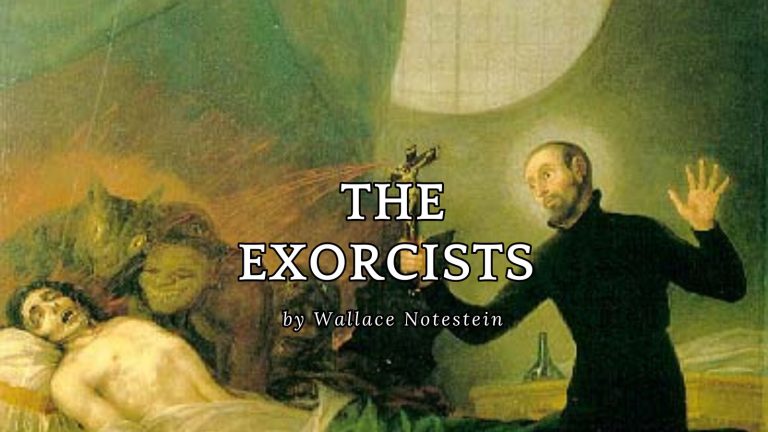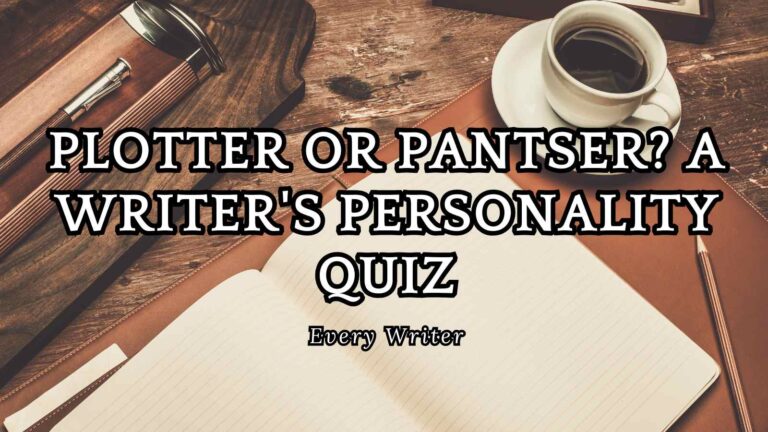
THE STORY-TELLER AND HIS ART
by Sir Richard Steele
I have often thought that a story-teller is born, as well as a poet. It is, I think, certain, that some men have such a peculiar cast of mind, that they see things in another light than men of grave dispositions. Men of a lively imagination and a mirthful temper will represent things to their hearers in the same manner as they themselves were affected with them; and whereas serious spirits might perhaps have been disgusted at the sight of some odd occurences in life, yet the very same occurrences shall please them in a well-told story, where the disagreeable parts of the images are concealed, and those only which are pleasing exhibited to the fancy. Story-telling is therefore not an art, but what we call a “knack”; it doth not so much subsist upon wit as upon humor; and I will add, that it is not perfect without proper gesticulations of the body, which naturally attend such merry emotions of the mind. I know very well that a certain gravity of countenance sets some stories off to advantage, where the hearer is to be surprized in the end. But this is by no means a general rule; for it is frequently convenient to aid and assist by cheerful looks and whimsical agitations.
I will go yet further, and affirm that the success of a story very often depends upon the make of the body, and the formation of the features, of him who relates it. I have been of this opinion ever since I criticized upon the chin of Dick Dewlap. I very often had the weakness to repine at the prosperity of his conceits, which made him pass for a wit with the widow at the coffee-house and the ordinary mechanics that frequent it; nor could I myself forbear laughing at them most heartily, tho upon examination I thought most of them very flat and insipid. I found, after some time, that the merit of his wit was founded upon the shaking of a fat paunch, and the tossing up of a pair of rosy jowls. Poor Dick had a fit of sickness, which robbed him of his fat and his fame at once; and it was full three months before he regained his reputation, which rose in proportion to his floridity. He is now very jolly and ingenious, and hath a good constitution for wit.
Those who are thus adorned with the gifts of nature, are apt to show their parts with too much ostentation. I would therefore advise all the professors of this art never to tell stories but as they seem to grow out of the subject-matter of the conversation, or as they serve to illustrate or enliven it. Stories that are very common are generally irksome; but may be aptly introduced, provided they be only hinted at, and mentioned by way of allusion. Those that are altogether new, should never be ushered in without a short and pertinent character of the chief persons concerned, because, by that means, you may make the company acquainted with them; and it is a certain rule, that slight and trivial accounts of those who are familiar to us, administer more mirth than the brightest points of wit in unknown characters.
A little circumstance in the complexion of dress of the man you are talking of, sets his image before the hearer, if it be chosen aptly for the story. Thus, I remember Tom Lizard, after having made his sisters merry with an account of a formal old man’s way of complimenting, owned very frankly that his story would not have been worth one farthing, if he had made the hat of him whom he represented one inch narrower. Besides the marking distinct characters, and selecting pertinent circumstances, it is likewise necessary to leave off in time, and end smartly; so that there is a kind of drama in the forming of a story; and the manner of conducting and pointing it is the same as in an epigram. It is a miserable thing, after one hath raised the expectation of the company by humorous characters and a pretty conceit, to pursue the matter too far. There is no retreating; and how poor is it for a story-teller to end his relation by saying, “that’s all!”
Born in Ireland in 1672; died in Wales in 1729; companion of Addison at Oxford; served in the army in 1694, becoming a captain; elected to Parliament, but expelled for using seditious language; knighted under George I; quarreled with Addison in 1719; founded the Tatler, and next to Addison, was the chief writer for the Spectator.
- 8 Authors Who Created Literary Masterpieces Keeping Their Day Jobs - March 31, 2025
- Plotter or Pantser? A Writer’s Personality Quiz - March 30, 2025
- 100 Must-Try Mystery Writing Prompts (Solve the Perfect Crime!) - March 22, 2025






